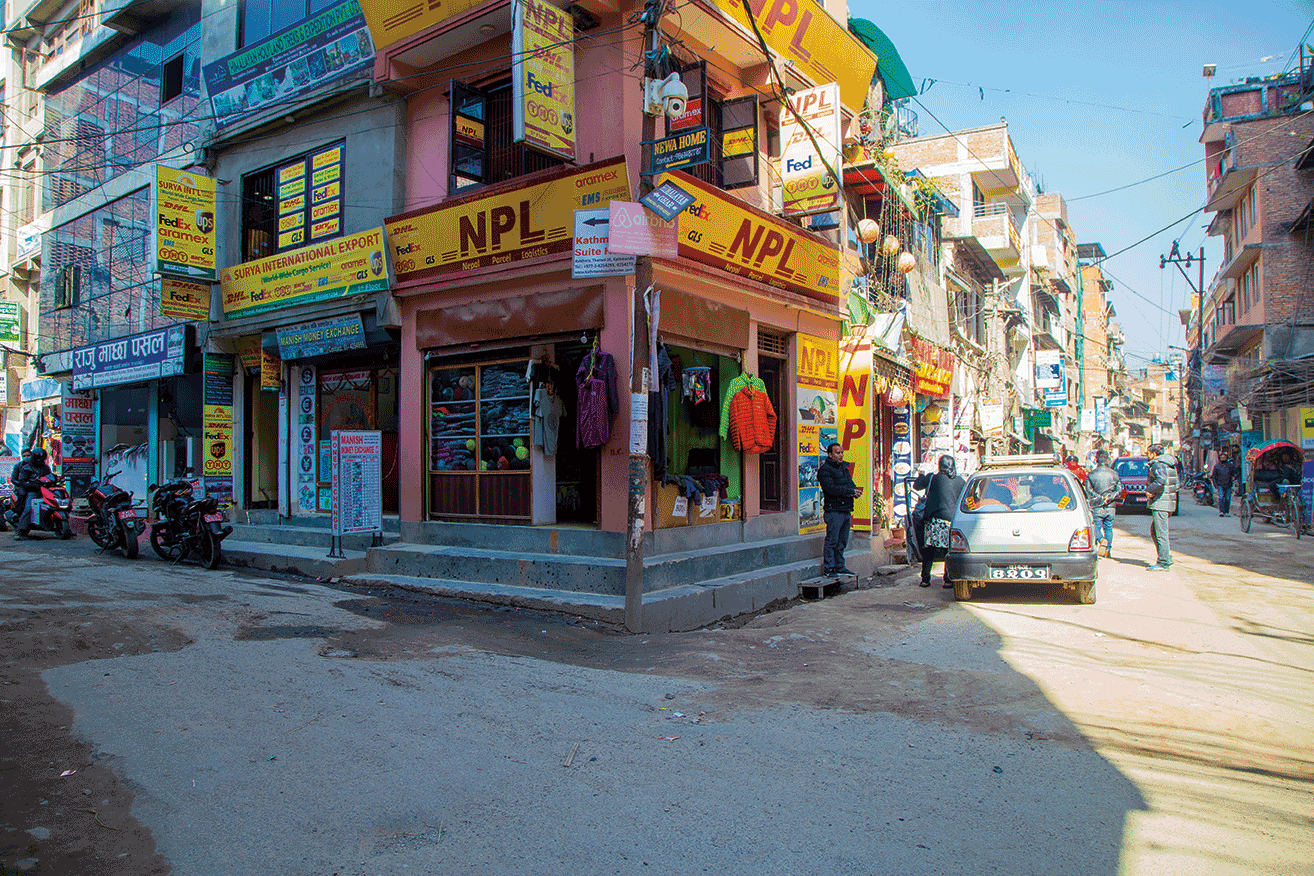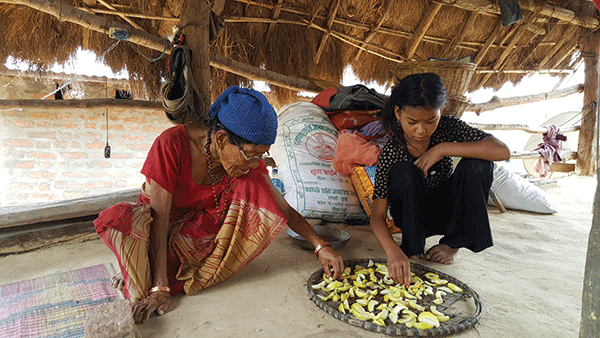The other week I went for my regular-ish Saturday visit to a Shiva temple near the Bagmati River for music and puja. All in all the celebrations lasted about three to four hours and for most of the time there are about 15 people present including bajan (harmonium) and tabla (finger drum) players, singers and maybe three or four babas. Spirits and fervor, as with all things, tire and every now and again after a verse someone will suddenly go “half-time” – time for a nature call, the humble cup of tea and cigarette, make a ball of surti (mouth tobacco) or have another chillum to bring all a little closer to bhagawan (god). These half-times got me thinking: first, how can there be four half-times, and second, how much the world’s languages are changing.
Throughout the magazine this month we have read about education, how it is changing and working for us today and how we are learning more fascinating topics than ever before. The school children of today are exposed to the world in newer and more complex ways, not just here in Nepal, but in every country. And unbeknownst to many of us world citizens, even those who have never gone to school are learning, such as the aforementioned “half-time”. Having travelled to different parts of this and other countries it’s apparent that many English words have taken a place in everyday life – think ‘taxi’, ‘bus’, ‘hotel’, ‘noodle’, ‘television’ and ‘coffee’, for example. Now what about some of the bigger words: ‘good’, ‘school’, ‘love’, ‘marriage’, ‘mummy’ and ‘daddy’; and the even bigger ones that often surprise me when I hear them: ‘visa’, ‘politics’, ‘president’, ‘dollars’ and ‘toilet’ (epitomizing the language’s globalization).
The world around us is changing at vast speeds. If you don’t believe it read a senior students textbook – mind-bogglingly complex; or go online where whatever you want to see and whatever you want to know is found. Hollywood movies are ubiquitous and just about every adolescent in the world knows Britney Spears and the meaning to “Oh baby hit me one more time.” Thankfully, as a counter balance, Bob Marley’s message of one love and standing for your rights has also (astonishingly) managed to resonate on every continent, testified to here by the vast number of Tata trucks with his name and quotes painted on their sides, far removed from Kingston Town.
I grew up in a house where English was the main language, but not what you would call The Queen’s English, for many Irish made a point of never speaking that tongue. Instead, we have created our own version. Even the English themselves, for the most part, don’t speak TQE; yet, ironically, in the places that those fine gentlemen of aulde would have termed the “savage lands” you can still hear that fine, silver-tongued and most “proper” form of the English language in use. Words that have been long forgotten in the west are here and put into everyday uses. This is due to people literally ‘learning’ the entire language and the correct words and terms for a specific situation. Even in the old colonies like Australia the language has morphed; and our American brothers refuse to use the letter ‘u’ in words like colour and neighbour.
Most of my continental European neighbors speak English as it was learned from school, music and television, the Dutch being a prime example. Embarrassingly for those of us from the Irish outer islands we are still working on mastering the one. Nonetheless, the world has gotten smaller and the ways we communicate with each other a little easier – for better or worse. Exposure to the ‘modern world’ is greater than ever before; the ability to learn has left the perimeters of the classroom, and we as a whole are communicating more fluidly than ever before, albeit far from perfectly. Nowadays, in the hills of some foreign country I will always be able to find the ‘toilet’, hop on a ‘bus’ and sing ‘get up stand up’ without looking like a complete fool. Maybe if I have children and they grow up, or after they have their children, the barriers of language and communication will be gone altogether. Let’s see, eh?
Pat Kauba is the Assistant Editor of ECS Nepal. He can be contacted at patkauba@gmail.com.

More than just your usual lapel pins
The lapel pin is a men’s accessory worn on the lapel of the jacket which serves as a...










